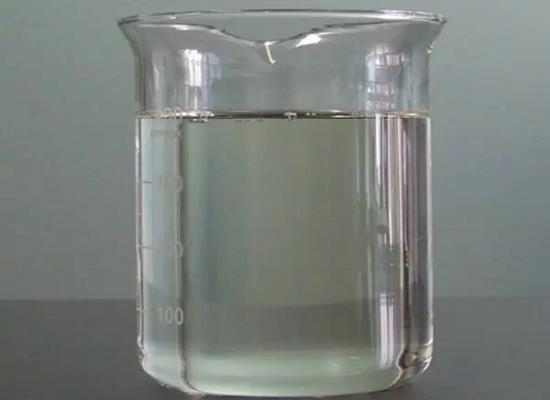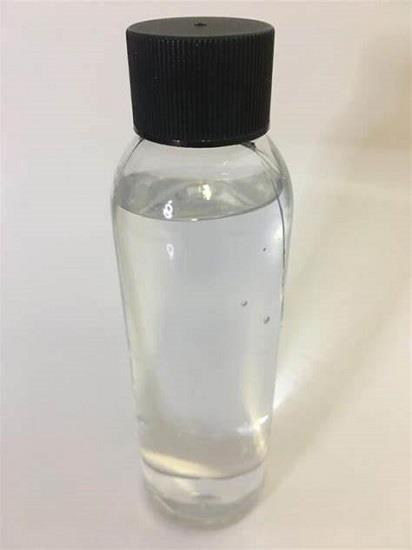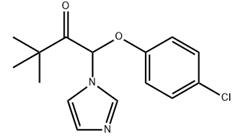The synthetic method of 1,3-propanediol
Introduction
1,3-Propanediol is a compound with molecular formula of C3H8O2 and molecular weight of 76.10. 1,3-Propanediol (1,3-PDO) is a colorless, odorless, salty, hygroscopic viscous liquid. It is the raw material for the production of unsaturated polyester, plasticizer, surfactant, emulsifier and demulsifier; in the polyurethane industry, it is often used as the raw material of polyester polyol, the initiator of polyether polyol and the polyurethane expander. It is also an important monomer and intermediate in the organic chemical industry, and its main use is as a polymer monomer to synthesize polytrimethylene terephthalate (PrT). It is estimated that by 2020, the potential market capacity of 1,3-propylene glycol will reach 2.27 million tons.
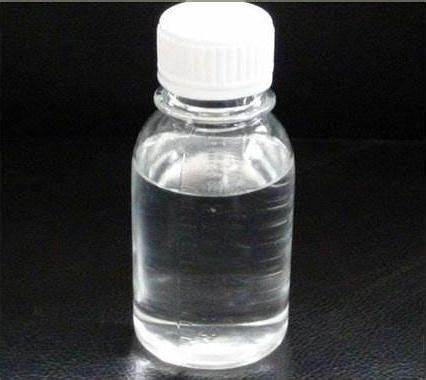
Picture 1 1,3-Propanediol liquid
Numerous applications
1,3-Propanediol (1,3-PD) has numerous applications from polymers to cosmetics, foods, lubricants, and medicines. Recently, there are strong industrial interests in a new kind of polyester, polytrimethylene terephthalate, with l,3-PD as a monomer. This new polyester shows significant promise for use in carpeting and textiles. In this article we introduce a mild aerobic fer[1]mentation process using a strain screened from Klebsiella pneumoniae ATCC 25955, which is insensitive to oxygen, to produce l,3-PD. We also describe a two-step fermentation process starting with glucose that was converted into glycerol with a glycerol-producing yeast, followed by K. pneumoniae that converts glycerol into l,3-PD without intermediate isolation and purification of glycerol.
l,3-Propanediol (1,3-PD), HOCH2CH2CH20H, is a clear, colorless, odorless, innocuous liquid that is miscible with water, alcohol, and ethers. As a bifunctional compound, l,3-PD is subject to many of the same polymeric applications as other low molecular diols, such as ethylene glycol, propylene glycol, l,3-butanediol, and l,4-butanediol. Despite interesting applications, in the past total production of l,3-PD remained relatively small because of its high cost. l,3-PD of a high-purity grade costs about $26/lb for a 2DD-kg quantity (personal communication). Less expensive glycols are used instead of l,3-PD for economics reasons, even though 1,3-PD provides superior properties.
Application in polymeric products
The market situation for l,3-PD has changed significantly since recent commercialization of a new polyester operation based on terephthalic acid and l,3-PD. The odd number of carbon atoms of l,3-PD imparts unique properties to polymeric products. Poly(trimethylene terephthalate) is particularly appropriate for fiber and textile applications for excellent proper[1]ties, such as good resilience, inherent stain resistance, and low static generation. l,3-PD is expected to become a new commodity chemical. One of the industrial synthetic processes for l,3-PD is the hydration of acrolein to l,3-PD. This reaction is carried out typically under weakly acidic conditions in water with a low initial acrolein concentration of about 20%. The intermediate compound, 3-hydroxypropionaldehyde (3-HPA), can be hydrogenated in the aqueous phase directly. It is preferably extracted first with an organic solvent, such as 2-methylpropanol, and then hydrogenated separately in the organic solvent. Hydrogenation is done at 20-40 atm and llO-ll5°e using nickel-supported catalysts. l,3-PD is separated from the extracting solvent or aqueous phase by distillation.
The synthetic method
The yield of desired product by these methods is relatively low, about 45%. Another synthetic method, hydroformylation of ethylene oxide and subsequent hydrogenation to l,3-PD, has been researched. Low concentrations of ethylene oxide were contacted with synthesis gas, CO and H2, in a solvent of diethyl ether at 8O-100 atm and 125-180℃ using bis(tributylphosphine)dicobalt hexacarbonyl complexes as catalysts. In this article, we introduce a method of microbial production ofl,3-PD. The development of environmentally benign, or "green", processes for the production of chemicals is of increasing importance as nonrenewable resources are gradually depleted and the world population grows.
Microbial fermentation processes are particularly attractive in this regard in that they typically use renewable feedstock such as glucose or sucrose and do not generate toxic byproducts. A variety of naturally occurring microorganisms ferment glycerol to 1,3-PD including species of Klebsiella, Clostridia, Citrobacter, Enterobacter, and Lactobacillus, but no natural microorganisms ferment sugars directly to l,3-PD. The dissimilation of glycerol has been studied by many researchers and has been reviewed. Glycerol is transported into the cell by the glycerol facilitator protein, a process that requires no energy. Equilibrium across the membrane is very fast. In the absence of external oxidants (e.g., oxygen, fumarate, or nitrate), glycerol is fermented by two parallel pathways. In one of the pathways, glycerol is transformed to dihydroxyacetone by glycerol dehydrogenase and subsequently phosphorylated by adenosine triphosphate-dependent dihydroxyacetone kinase. Dihydroxyacetone-phosphate undergoes normal glycolysis to form pyruvate, which is further converted into various organic acids and alcohols. Glycerol is also converted through the second pathway to 3-HPA by the coenzyme B12- dependent glycerol dehydratase.
Reference
1 Cheng nenglin. Solvent Manual: Chemical Industry Press, 2008
2 Shu Qing, Yu Changlin, Xiong Daoling. Biodiesel science and technology: Metallurgical Industry Press, 2012
Related articles And Qustion
See also
Lastest Price from 1,3-Propanediol manufacturers
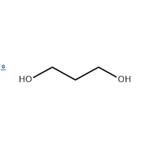
US $0.00-0.00/KG2025-12-03
- CAS:
- 504-63-2
- Min. Order:
- 1KG
- Purity:
- 98
- Supply Ability:
- 10000KGS

US $0.00/kg2025-08-05
- CAS:
- 504-63-2
- Min. Order:
- 1kg
- Purity:
- 99%
- Supply Ability:
- 200 tons

